Do we still love analog mixers? The poll results are in!
Last week we posed a question to our readers: “Is the analog mixer dead for live sound?”. Digital mixers, or mixing desks, have never been better, or more affordable; does it spell the end for analog boards? The poll results may surprise you…
Is the Analog Mixing Desk Dead?
Our reader poll told us quite clearly, NO! Counting up the poll results showed a clear majority of 62% of readers who stated quite clearly that “Analog will never die!”. In contrast, 38% of readers told us they thought digital was the way forward, and that analogue desks were “Dead as a dodo”.
So, did we get it wrong? Why the unexpected championing for the most traditional of sound technologies? Scanning through the comments you left us gave us an interesting insight…
Analogue Immediacy
It’s undeniable that an analogue mixing desk still offers the easiest and most intuitive approach to mixing on-the-go. The feedback we got from our readers suggests the immediate “what you see is what you get” workflow, unburdened by menus or hidden functions is a big reason why people still love analog desks.
There’s also a very strong argument towards “if it ain’t broke, don’t fix it”! Many venues invested in high-quality analog desks decades ago, along with a rack full of high-quality outboard. Certainly, a high-end analog desk will sound better than a low to mid-tier digital desk every time.
A Digital Future
It would be foolish, however, to ignore the 38% of readers who see digital desks as the way of the future, and they may have a valid point. Digital mixing desks may have a steeper learning curve than analog desks, but they also offer some valuable time-saving benefits of their own. Instant recall of all mix parameters, including levels, mic gain, dynamics and effects settings has always been a game-changer.
For larger venues, the ability to easily network audio between the stage, and multiple mixing desks, with nothing more than ethernet cable, is a huge bonus. Expect to see digital audio networking playing a much greater part in live venues and shows in the coming years.
In conclusion though, at least for now, it seems analog mixing desks are here to stay and that’s no bad thing really is it?
4 responses to “Do we still love analog mixers? The poll results are in!”

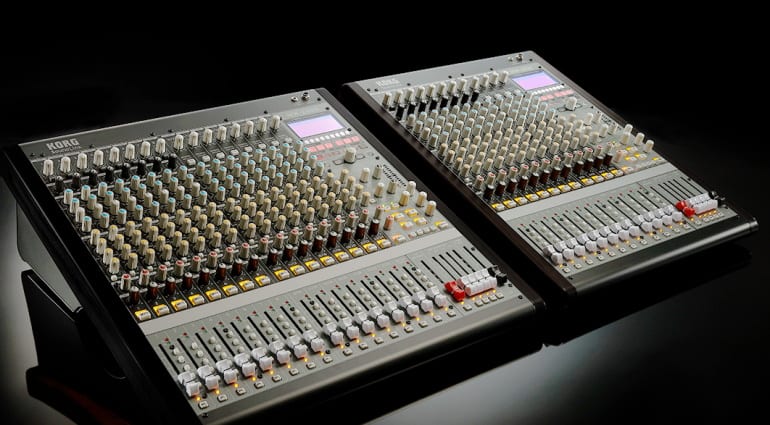
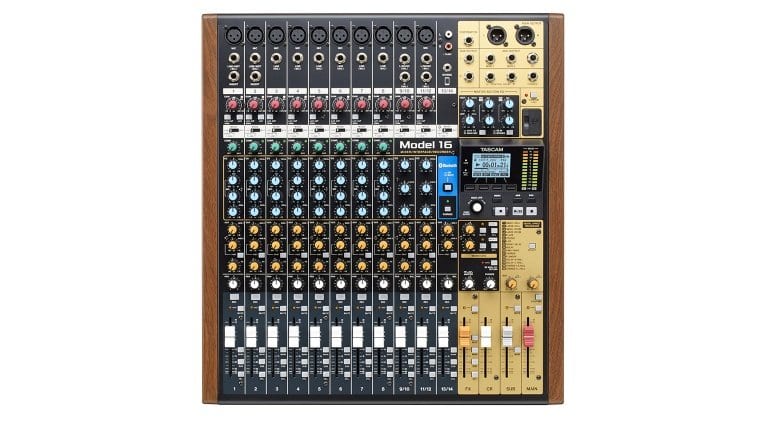
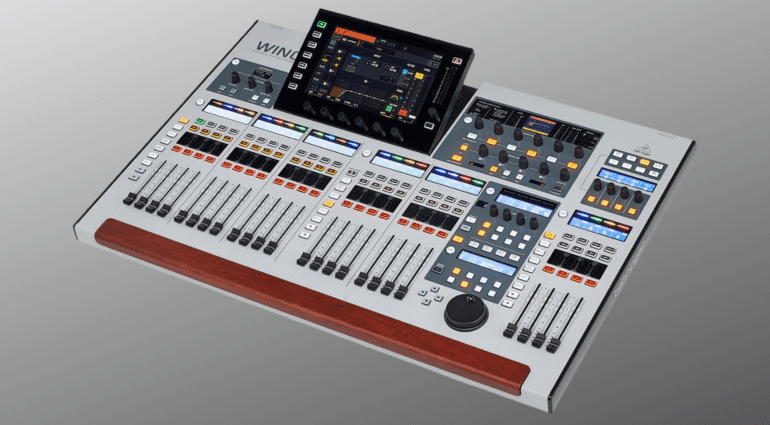



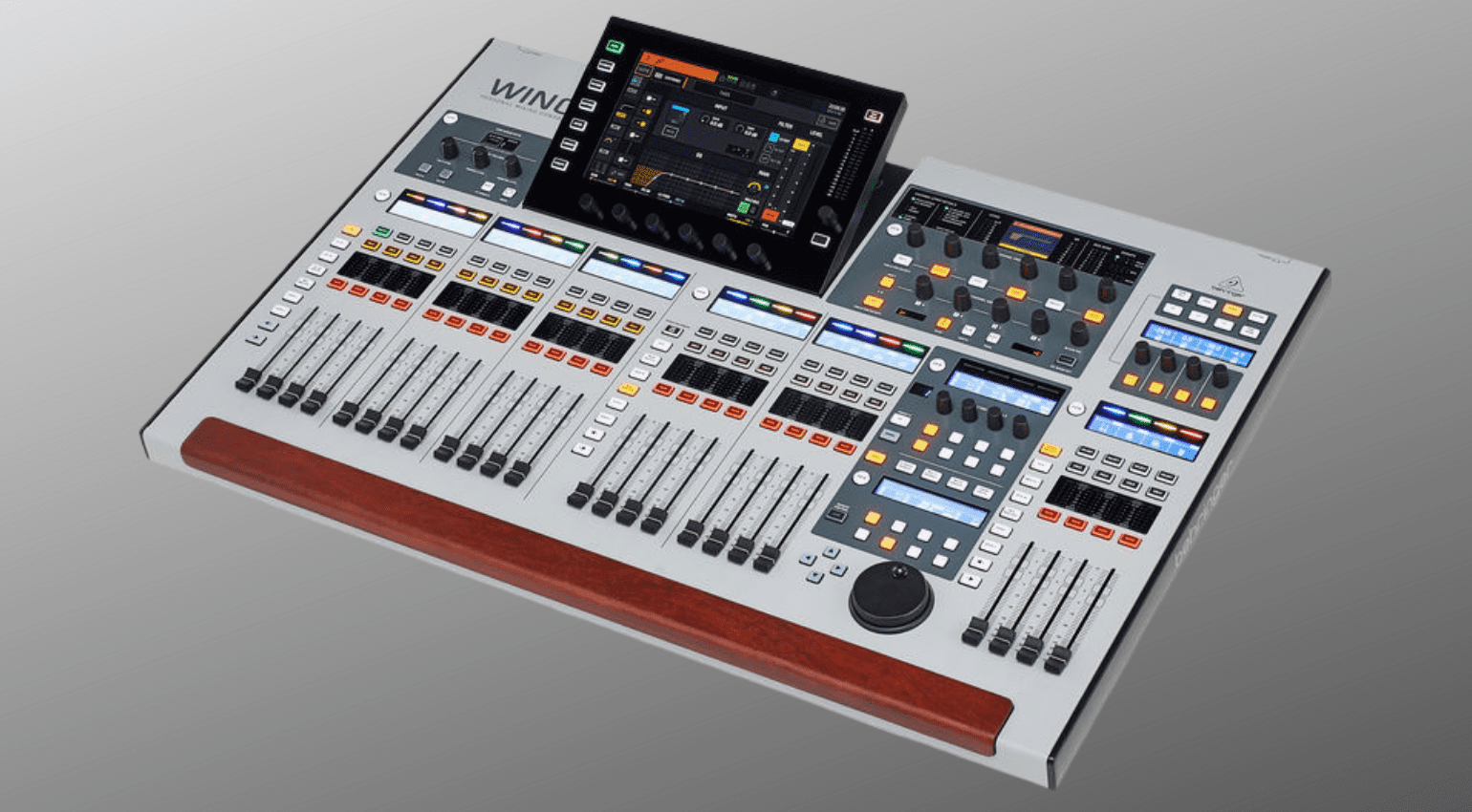
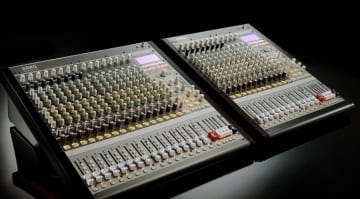

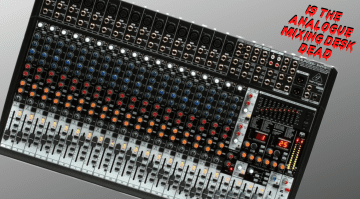
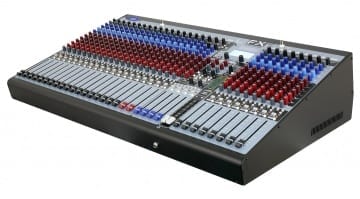
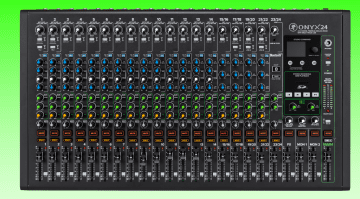
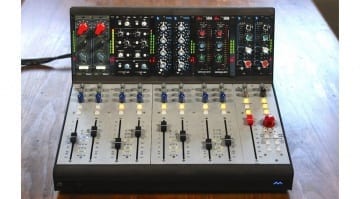

It’s really simple: music is analogue and ears are analogue. Analogue to digital conversion to handle and then digital to analogue conversion to hear is like the following:
You buy a nice filet mignon and you grind it up into miniscule pieces. Now, you reform it to cook it. When you eat it, you have a hamburger, NOT a steak.
Q.E.D.
I can’t name one serious venue (let’s say, +300 pax) that doesn’t have any form of ad/da conversion, even with an analog foh desk, it still goes into some form of digital processor for eq and/or crossover
Sitting behind an analog desk as I read this.
Anyone interested in UK Analogue Mixers will have heard of Rupert Neve….but a tiny and little known UK Company called Tweed Audio shared a common link with its ‘big brother’ and existed in a very competitive market place in the 1970’s and 80’s.
Check out a Facebook page for Tweed Aodio The History or at http://www.tweed-Audio-the-history.jimdo.com